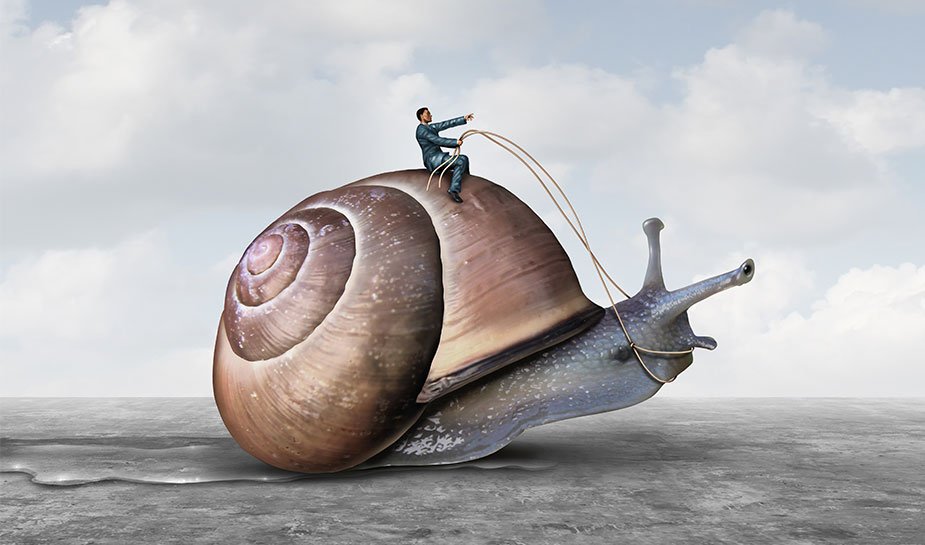
Patience is a beautiful thing, says a well-known New Zealand expression. That certainly applies to roulette, poker- and blackCaptain Steelers , for participants in sports betting and many others who have a favorite game of chance.
In the late sixties of the last century, Walter Mischel began research into willpower and patience. In 1972, the famous Marshmallow Test was conducted. Which, through further investigation, led to special conclusions.
The Marshmallow Test was extensive. We give a brief description here to give you an idea. Walter Mischel began his research with 16 boys and 16 girls aged about 4 years. He gave each child the choice between a small immediate reward or a slightly higher reward if it waited a while.
One of the Rewards was a marshmallow, candy that we can call a ‘round speck’ in New Zealand. Mischel placed the child behind a small table on which a marshmallow lay. Then he went away with the message, ‘if you don't eat this you'll get another one when I get back’.
Years later, Mischel and his team members visited the now adult participants in the study again. Those who had patiently waited for Mischel's return during the study were successful, sporty men and women with good jobs and incomes. The impatient children, however, turned out to be adults with a lot of overweight and unskilled work.
Ok, we exaggerated the conclusion in the previous paragraph a bit. But Walter Mischel's research did show a difference in the future. A difference between the strong-willed and patient preschooler and the impatient preschooler who wanted immediate results.
Are you less good at making (for example) strategic roulette decisions when you were a child you were impatient. No, we will not quickly draw that conclusion from the investigation. Because you may have become more patient or more impatient through later experiences.
But that patience is a good thing for participants in games of chance is now clear. Of course, we are not talking about waiting for a lottery draw. It is about games of chance in which you yourself have some influence on the course of the game.
There is a lot to look at seriously playing casino games . Looking for the right table, slot machine or sport. Knowing the rules of the game, improving the game skill by read about strategy , being able to calculate the probability of winning and the like. But once that's done and the game is played, it's all about patience.
The definition of patience is " being able to wait for something." For games of chance you could translate this into the ability to slow down, accept adversity/loss and that without getting emotional (irritated, anxious etc).
We already wrote about mistakes of gamblers , about strategy and calculating profit opportunities. With that knowledge, you can develop your own game strategy. After that, patience turns out to be the most important quality for a gambler, in an activity that is characterized by willfulness and luck.
An example of a game situation with the Marshmallow Test in mind: while you are waiting for a win, can you gain the patience to continue, or do you grab that win. In other words, you have the patience, despite the knowledge that your chance of losing by the bank margin is greater than your chance of winning, to rely on your gaming skill. The ability to beat the law of large numbers.
Actually, the question above is natural: do you stick to your own game strategy or deviate from it. It's a fight between your hopefully patient character and that rational little voice that keeps pounding in your head.
That little voice that says ‘ ' you've been playing losing on red for a while, while on the roulette table next to you, red is continuously falling. Go to the other table." What are you doing? The rational voice continues. Experienced players continue to play their own game. They know that impatience increases the number of irrational game decisions.
It is not made easy for us to be a patient gambler in everyday life. Many things around us are focused on speed, ease and impatience. When we have ordered a product online after a long deliberation, we can/want to have it in our house the next day.
We no longer need the dNZD for all kinds of activities. We no longer have to take the car or bike and drive a long way. Holding our mobile phone is enough to order a product, pay a bill, etc.
And if, due to circumstances, the product is not delivered until the day after tomorrow or even later? Then we're angry. We've lost our patience. Why? It's that crashed, rational little voice that whispers something to us. Technological improvement has led to greater impatience. We have become accustomed to instant gratification, we want to consume the Marshmallow immediately.
When you as a gambler do not participate in that herd behavior, you increase your chances of winning. We repeat the translation of the definition: patience in gambling is the ability to slow down, accept adversity/loss and that without becoming emotional (irritated, afraid etc).
A successful and patient gambler once said: patience is knowing that, when profit is expected and loss is suffered, the law of large numbers teaches that a succession of losses ultimately brings profit. Whether we agree? We need to think about this patiently.
Do you think patience is not a clean thing for a gambler? Then we want to give you the following. Studies show that impatience is one of the most striking features of many problem gamblers. This impatience leads to impulsive, ill-considered decisions and a lack of self-control.
There are even therapists and scientists who advise problem gamblers to take meditation classes. That would help her become more patient. Meditation takes you to higher levels of patience, reports Oliver S. Scott, for example, and that helps you function better in all kinds of ways.
We would even benefit as patient gamblers. For now, we find playing roulette a more pleasant form of meditation.

